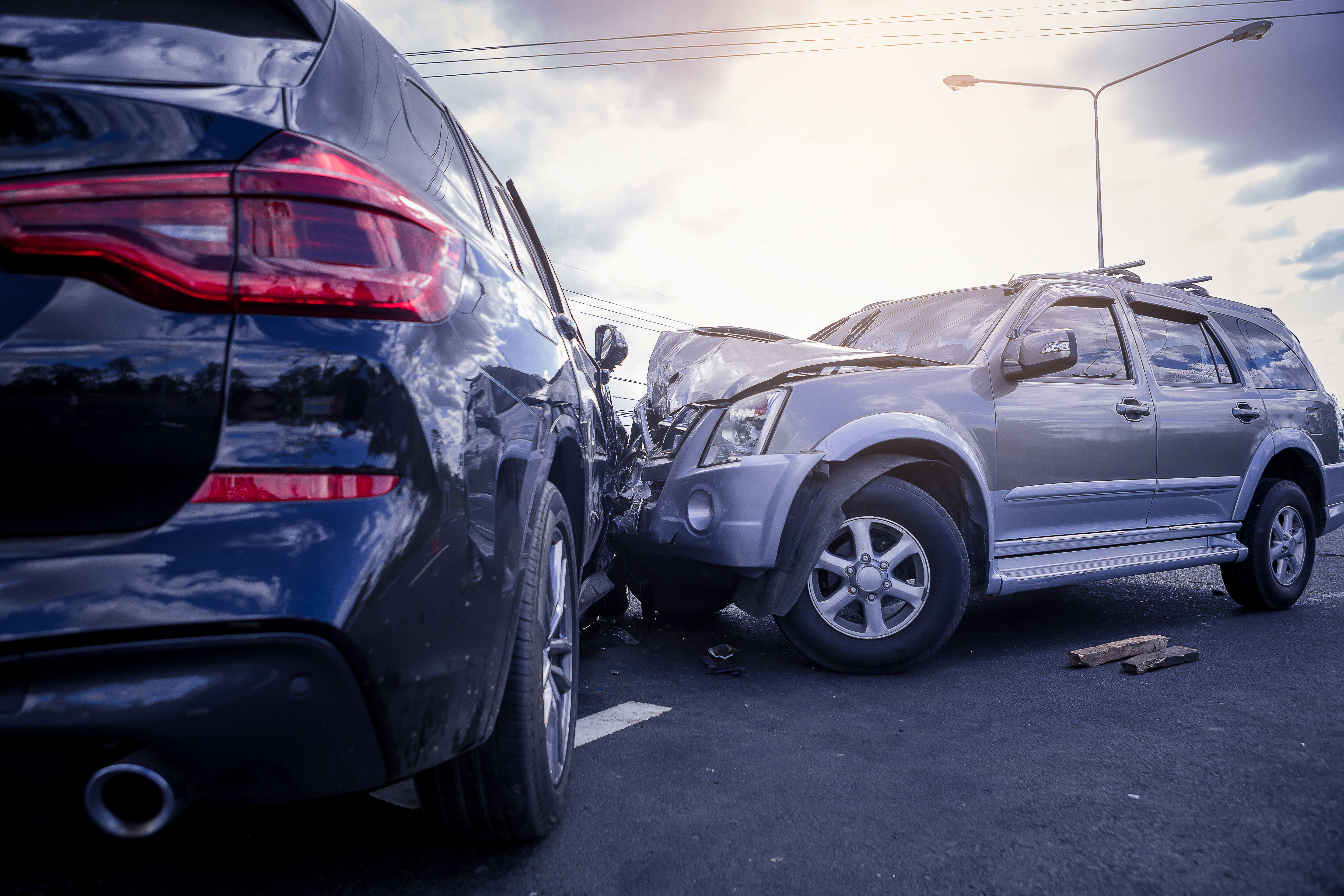Car accidents are among the most common causes of serious injury across Florida, where bustling highways meet high traffic volumes, the risks are even greater. While many accident victims recover from their injuries, others are left with permanent impairments that can alter the course of their lives. These injuries can range from chronic pain and disability to more severe outcomes like paralysis or brain damage.
At Gonzalez & Cartwright, P.A., we understand the devastating impact that permanent injuries can have on victims and their families. As a law firm dedicated to championing the rights of those injured in car accidents, we are committed to ensuring that victims receive the comprehensive legal representation they need to secure the compensation and support necessary for their new circumstances. This article aims to shed light on the types of permanent injuries that can result from car accidents and the critical role of legal expertise in navigating these challenging cases.
Types of Permanent Injuries from Car Accidents
Car accidents can cause a wide range of injuries, some of which may have permanent effects on a victim’s life. Here are some of the most common types of permanent injuries sustained in car accidents:
Spinal Cord Injuries (SCI)
Spinal cord injuries, resulting from damage to any part of the spinal cord or nerves at the end of the spinal canal, often lead to lasting and significant changes in strength, sensation, and other body functions below the site of the injury. Victims may experience partial or complete paralysis, requiring long-term care and assistance.
Traumatic Brain Injuries (TBI)
Traumatic brain injuries can range from mild concussions to severe brain damage. While some victims may recover with time, others could face permanent challenges such as cognitive impairment, memory loss, difficulty in processing information, and emotional instability. TBIs require ongoing medical treatment and can significantly impact a person’s ability to work and engage in social activities.
Amputations
Severe car accidents can lead to the traumatic amputation of limbs or the surgical amputation due to irreparable damage. Living with an amputation involves adapting to life with a prosthetic device, along with potential complications such as phantom limb pain and mobility issues.
Severe Burns
Car accidents can also cause serious burns that may lead to permanent scarring, disfigurement, and the need for multiple reconstructive surgeries. These injuries can also be psychologically traumatic, affecting a victim’s self-esteem and mental health.
Chronic Pain
Many accident survivors experience ongoing chronic pain due to nerve damage, musculoskeletal injuries, or other trauma sustained in the accident. Chronic pain can limit mobility, reduce quality of life, and require continuous medical management.
Legal Rights and Compensation for Victims
Victims of car accidents in Florida who suffer permanent injuries face not only medical challenges but also significant legal battles to secure the compensation they deserve. Understanding your legal rights is crucial in these situations.
Right to Compensation
In Florida, if another party’s negligence caused the car accident that resulted in your injuries, you have the right to seek compensation. This compensation can cover a variety of needs, including medical expenses, ongoing care costs, lost wages, and loss of earning capacity, as well as pain and suffering. Given the permanent nature of the injuries, these claims can involve substantial sums to cover lifelong needs.
Navigating Insurance and Liability
Florida’s insurance laws are complex. The state follows a no-fault insurance system, but this may only cover a portion of the expenses in serious injury cases. Beyond PIP (Personal Injury Protection) limits, victims may need to pursue additional claims against responsible parties’ insurers or through a lawsuit to recover further damages. This process involves gathering detailed evidence to prove negligence and the extent of the injuries caused.
Contact Gonzalez & Cartwright, P.A. Today
Car accidents are tragic events that can irrevocably change lives, especially when they result in permanent injuries. These injuries carry profound implications not only for the physical health of the victims but also for their emotional well-being and financial stability. Understanding the gravity of these impacts is crucial for anyone involved in such an accident.
Gonzalez & Cartwright, P.A. is dedicated to supporting victims throughout Florida who face the daunting challenges brought on by permanent injuries. With a deep understanding of both the legal and personal aspects of these cases, our firm is committed to ensuring that victims receive the comprehensive representation they need to secure the compensation they rightfully deserve.
Our team of experienced attorneys takes a compassionate yet rigorous approach to each case, combining thorough legal expertise with a commitment to personalized client care. We strive not just to meet but exceed the expectations of those we represent, advocating fiercely for their rights and working tirelessly to achieve the best possible outcomes.
For anyone suffering from permanent injuries due to a car accident, reaching out to Gonzalez & Cartwright, P.A. means choosing a partner who will stand by your side, fight for your rights, and help navigate the complex journey toward justice and recovery. Contact Gonzalez & Cartwright today at 561-556-3514 or schedule your free consultation online.
